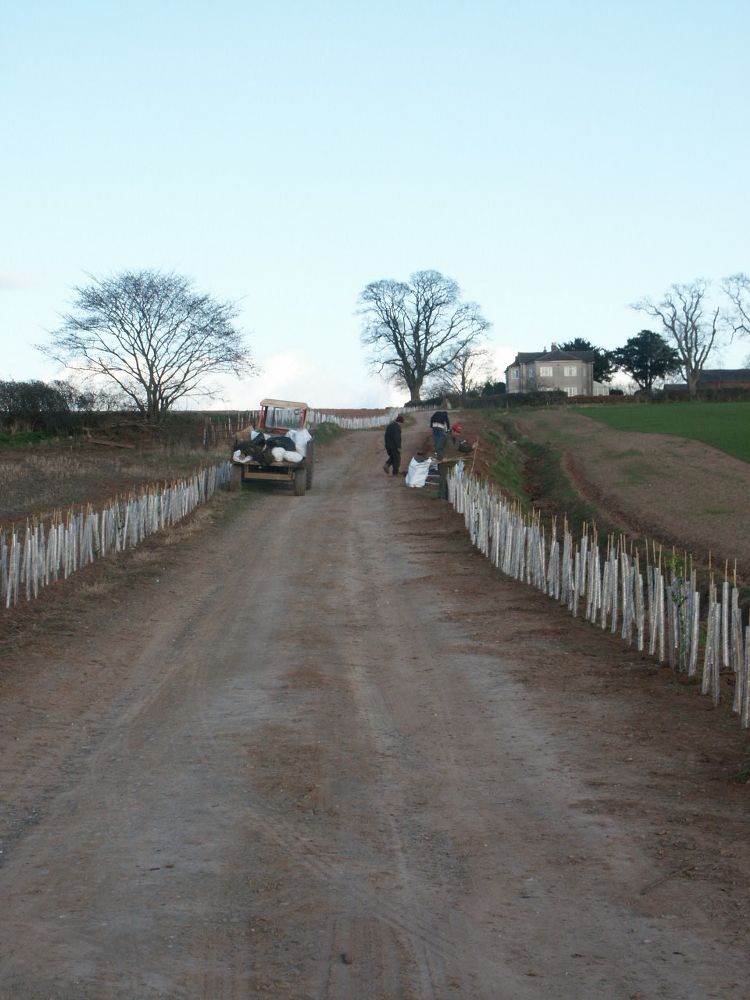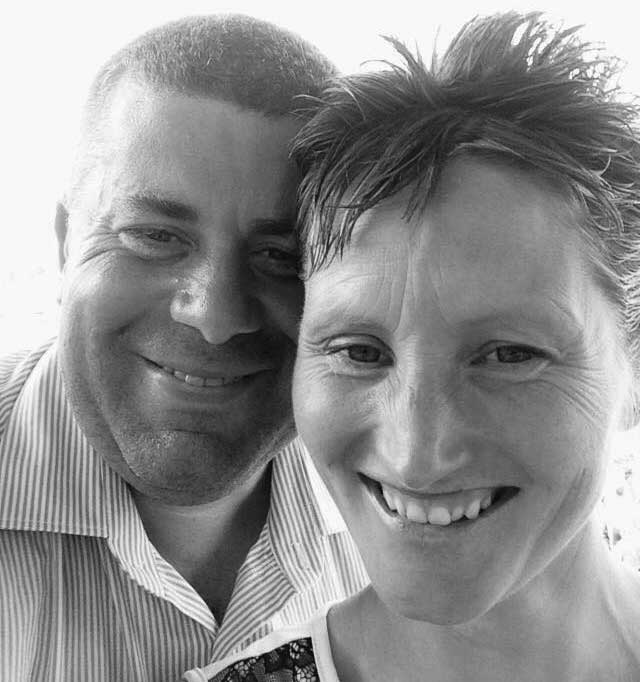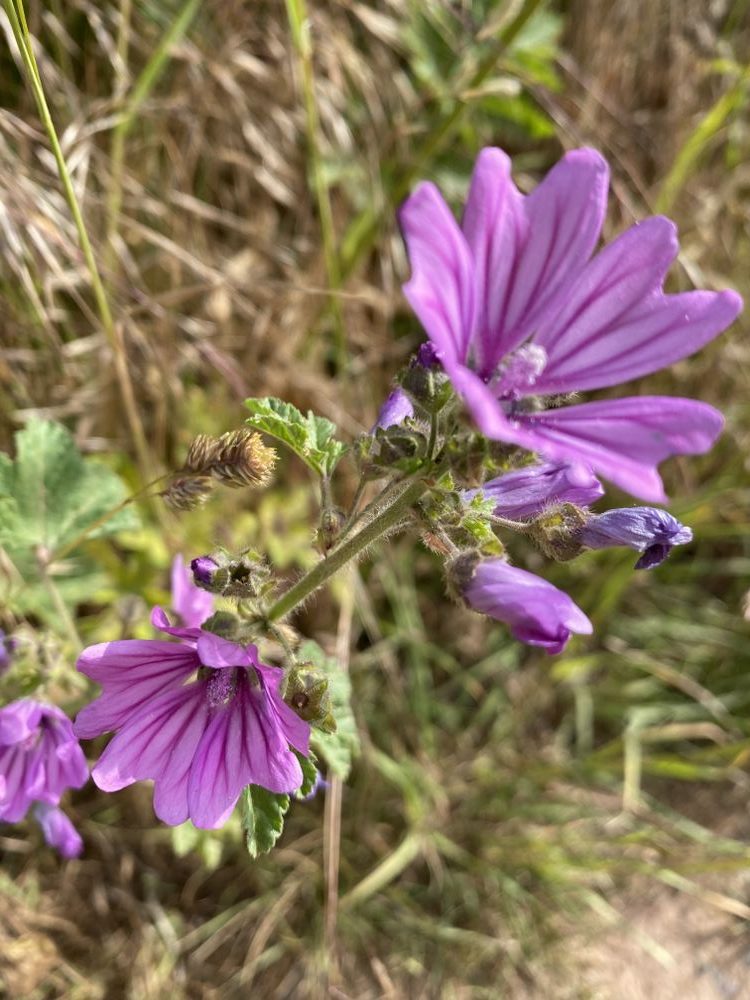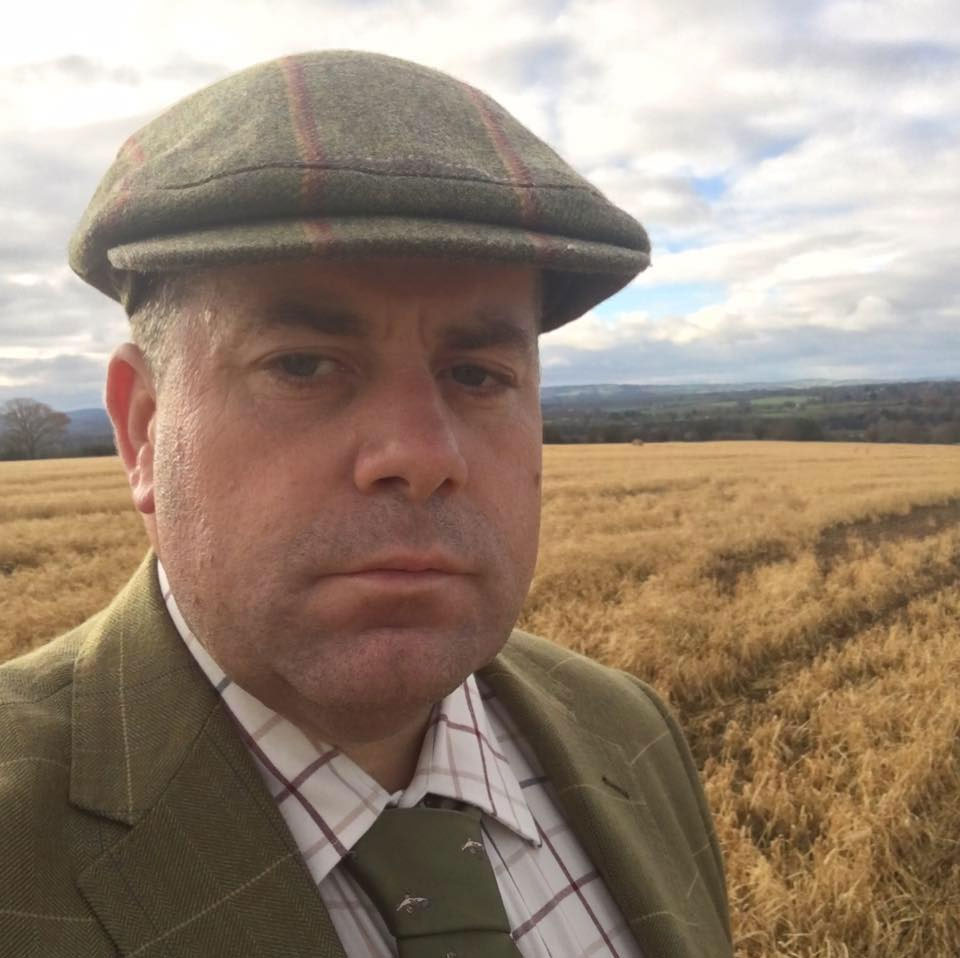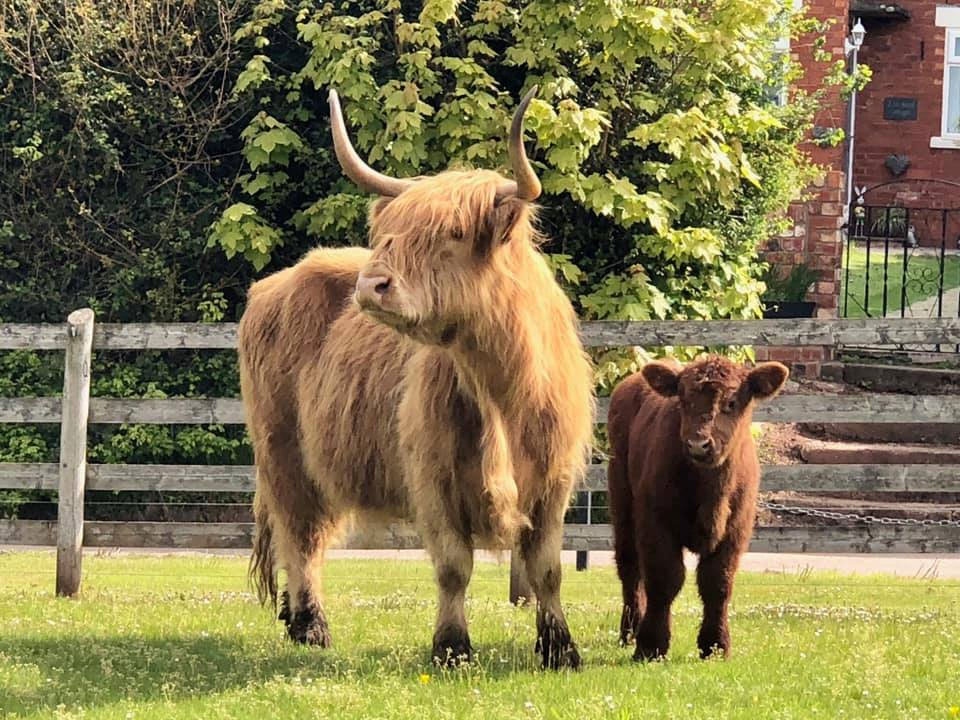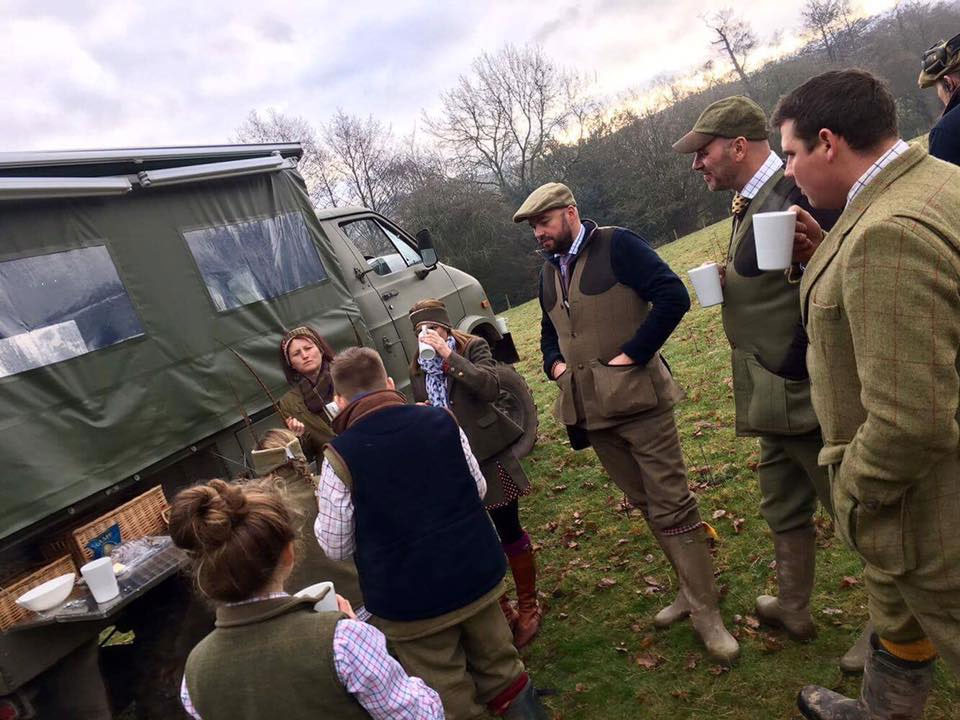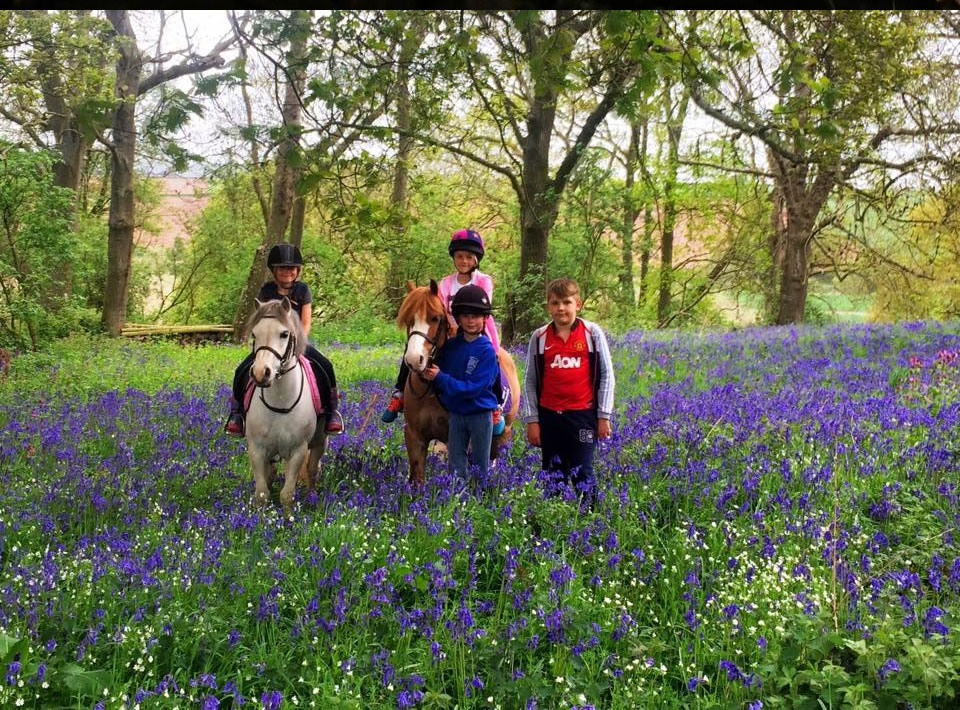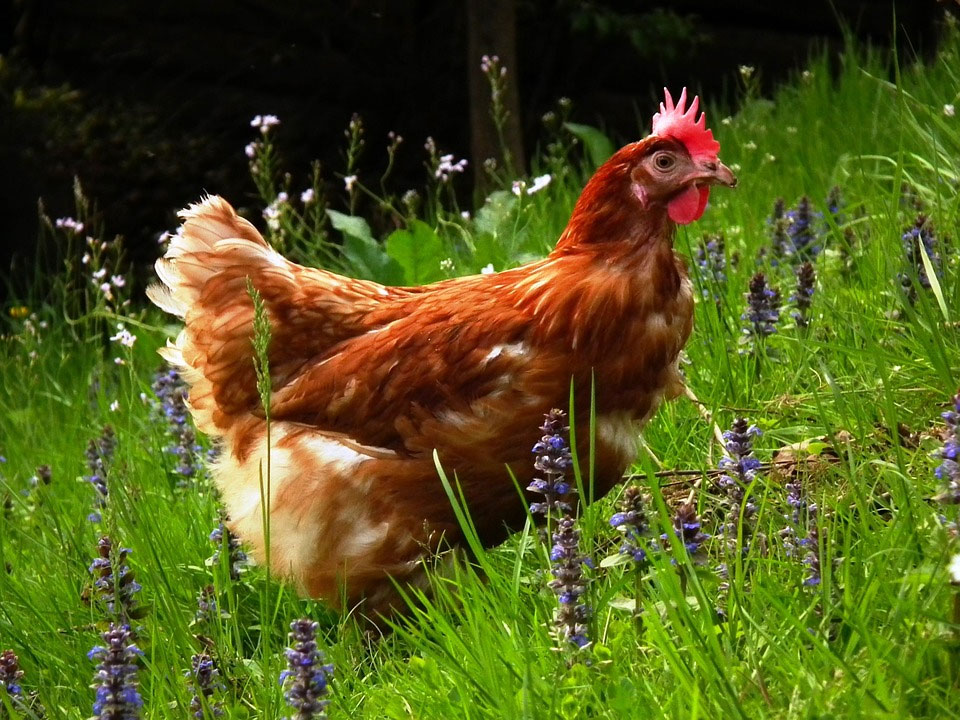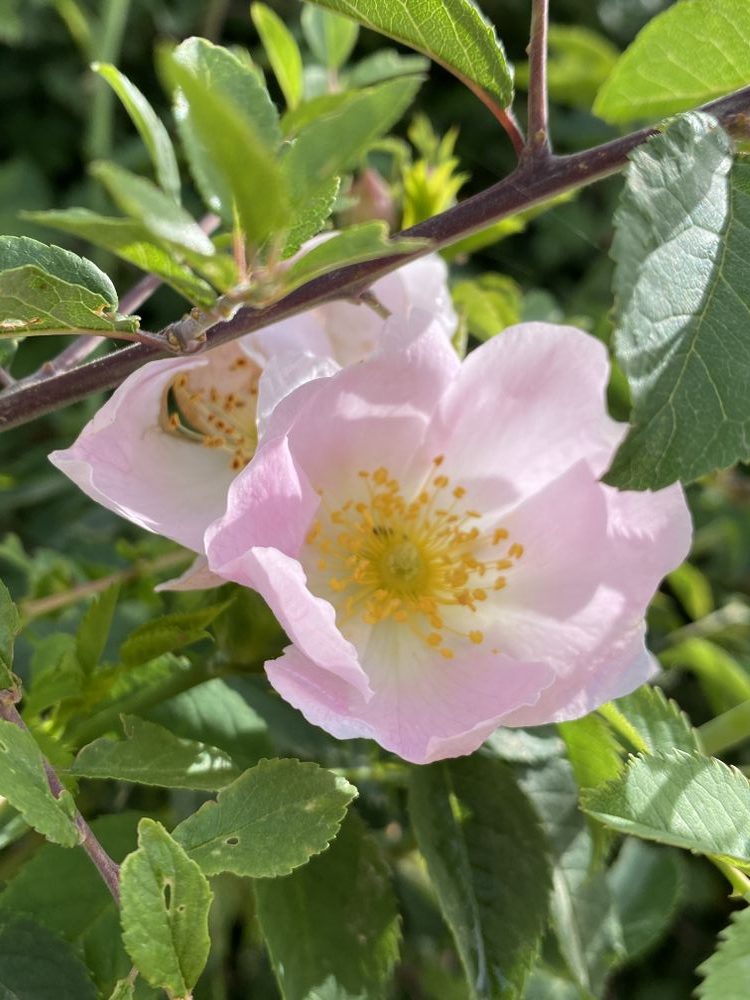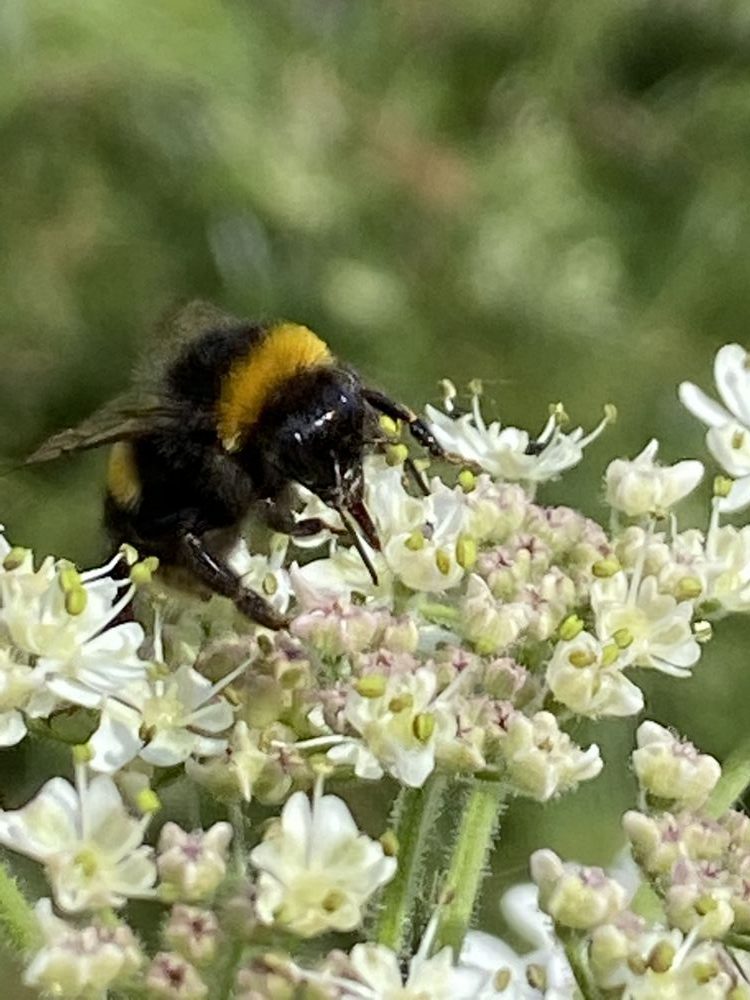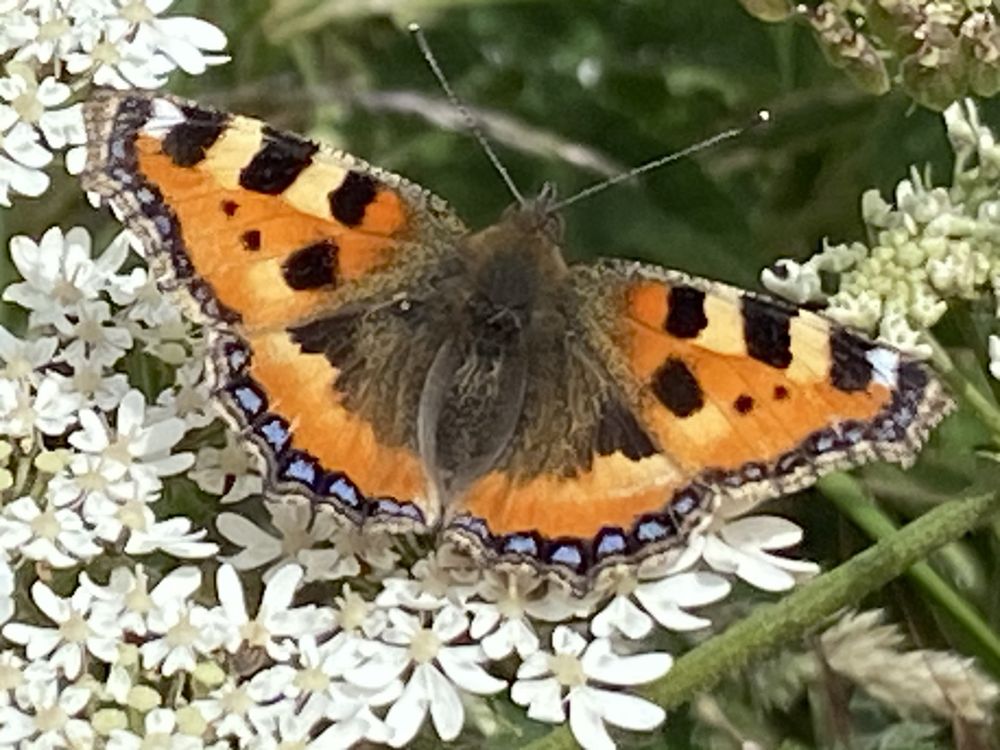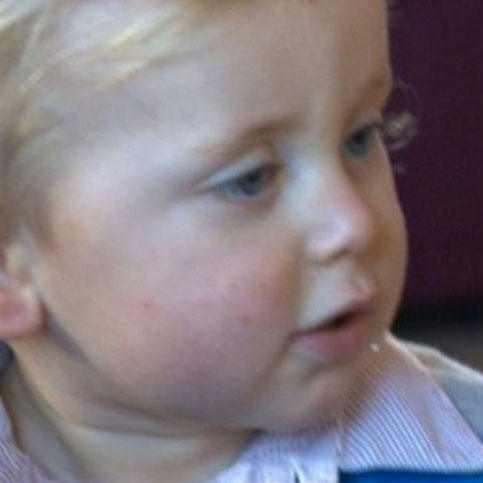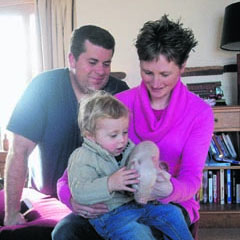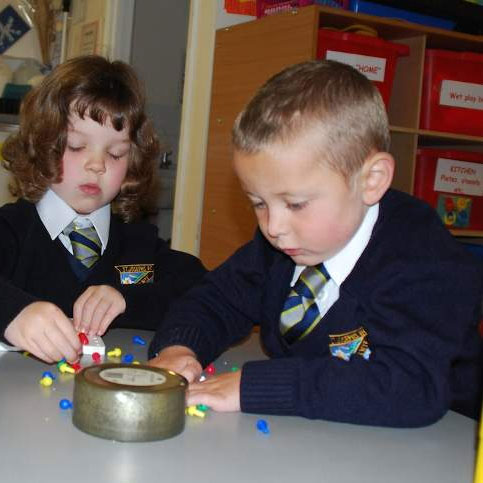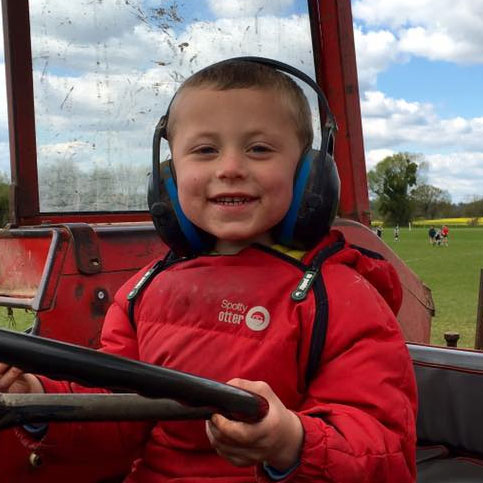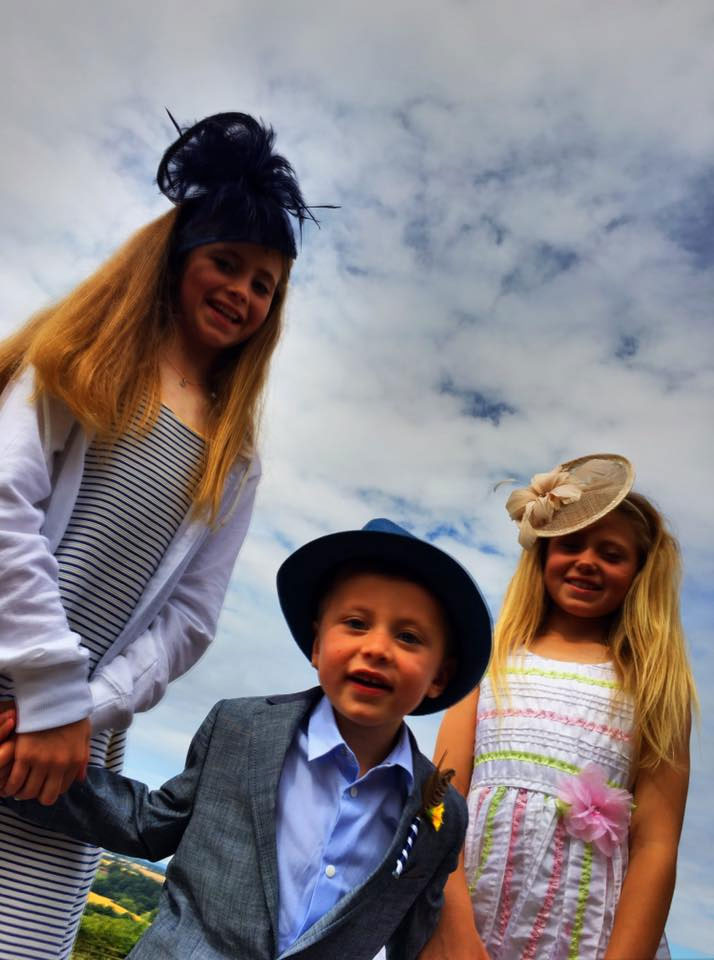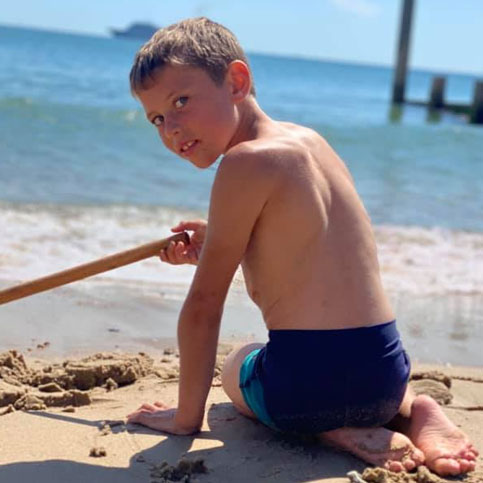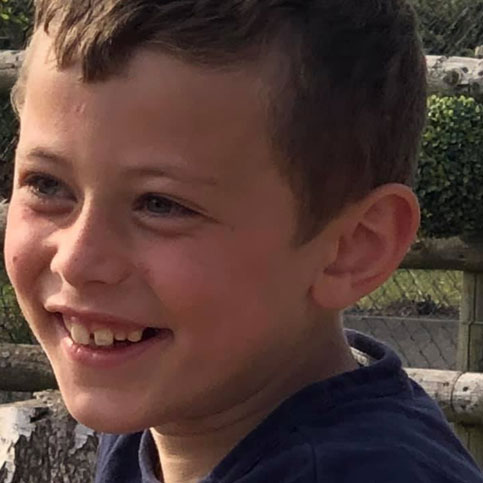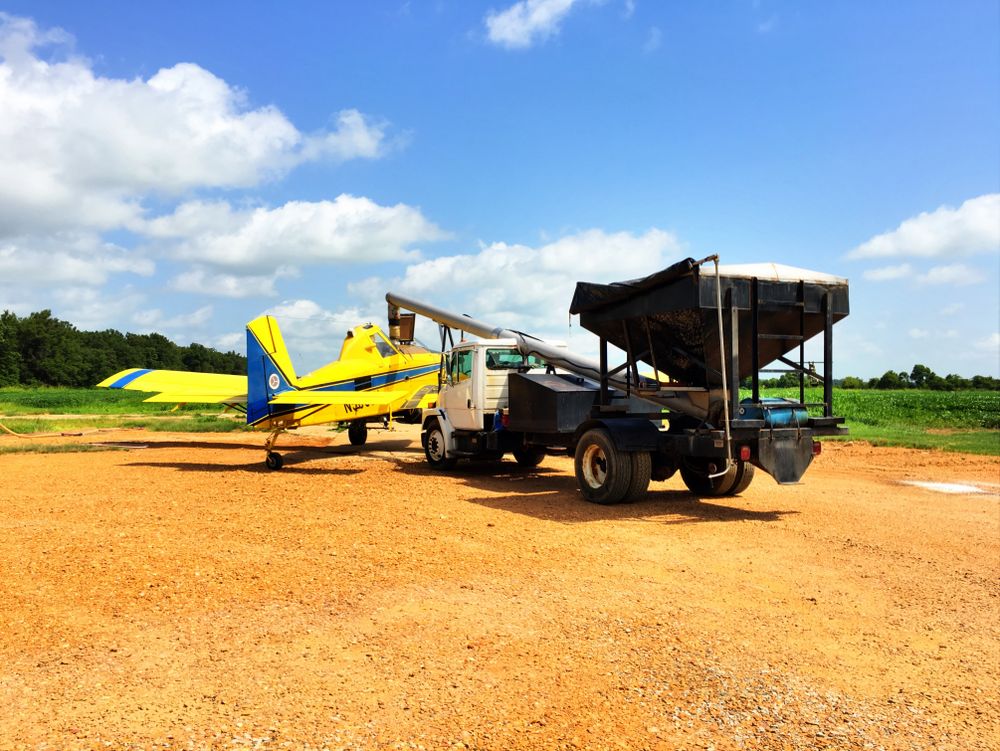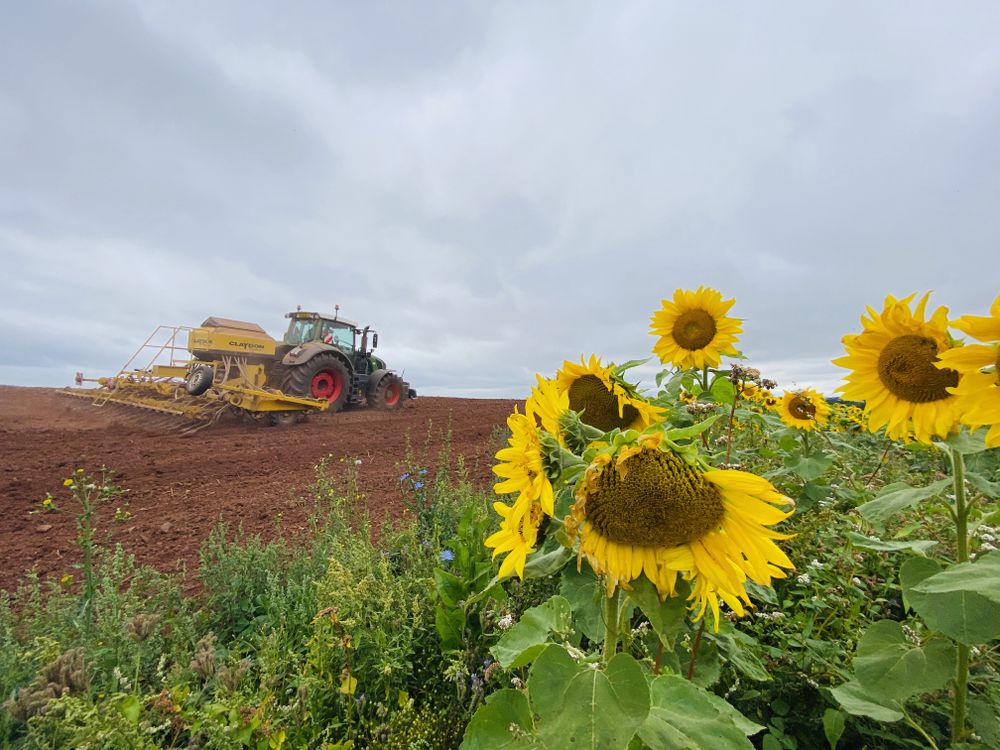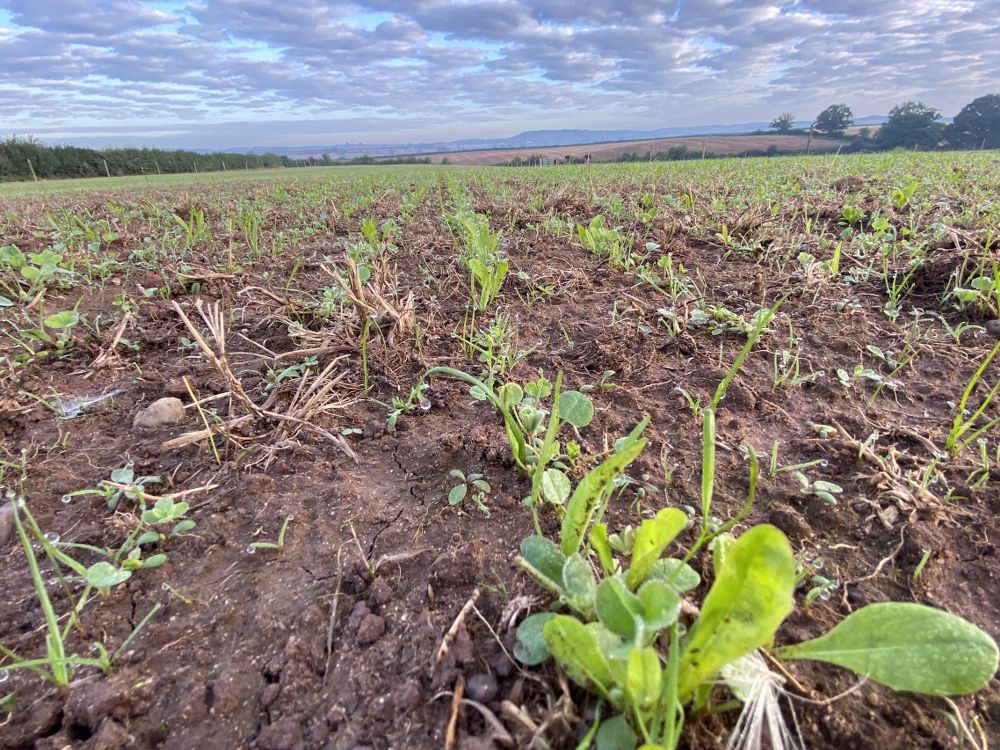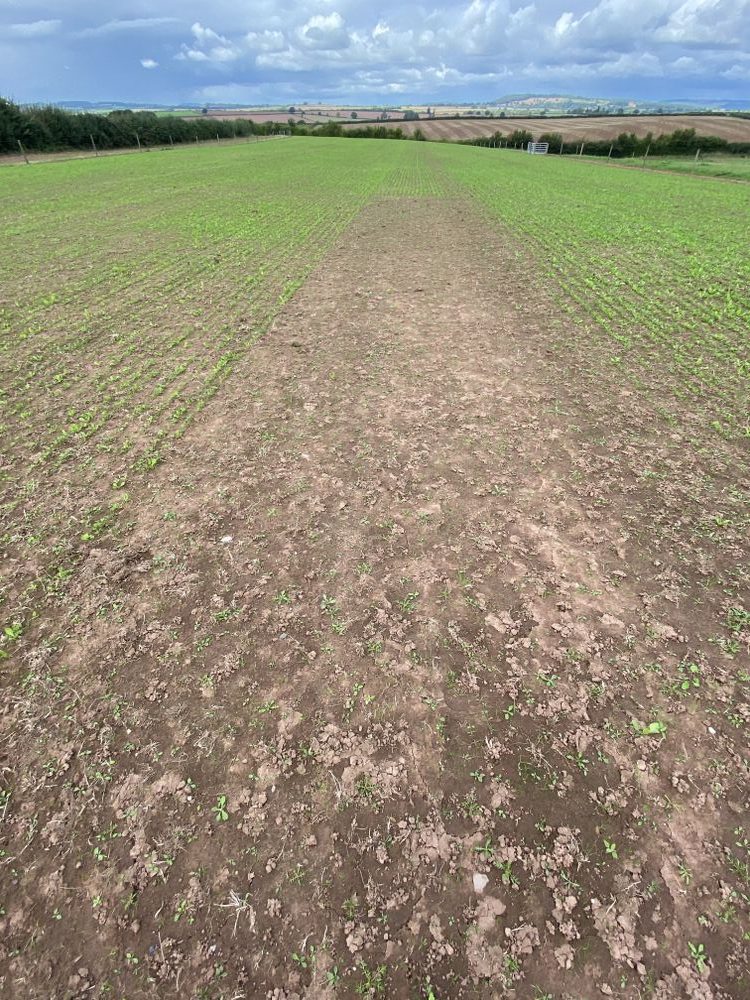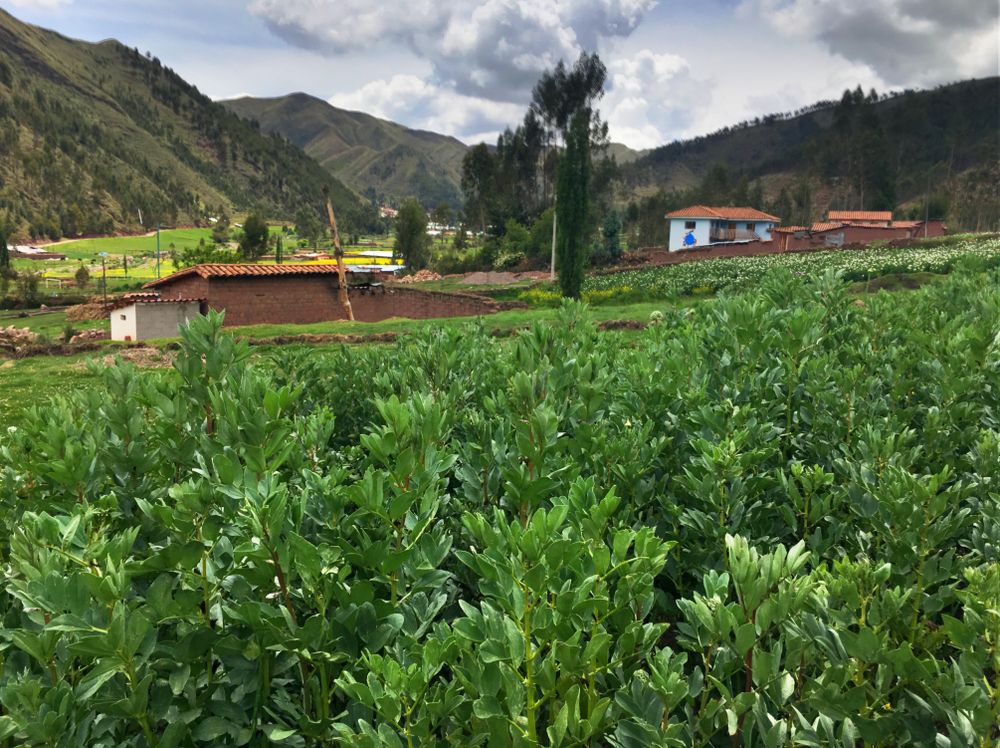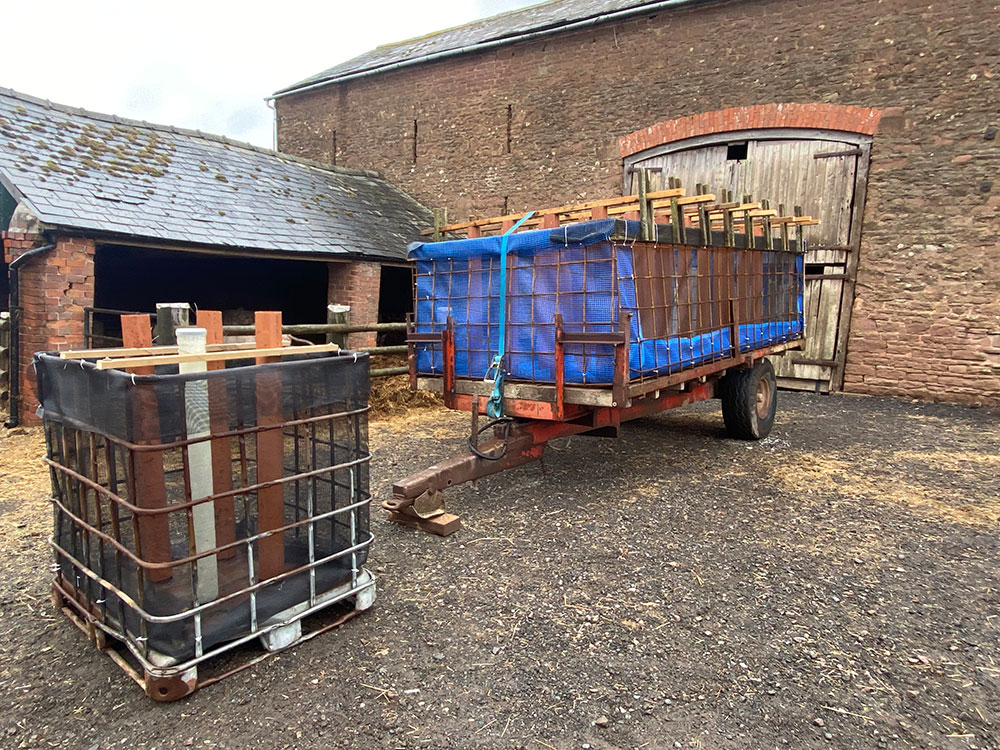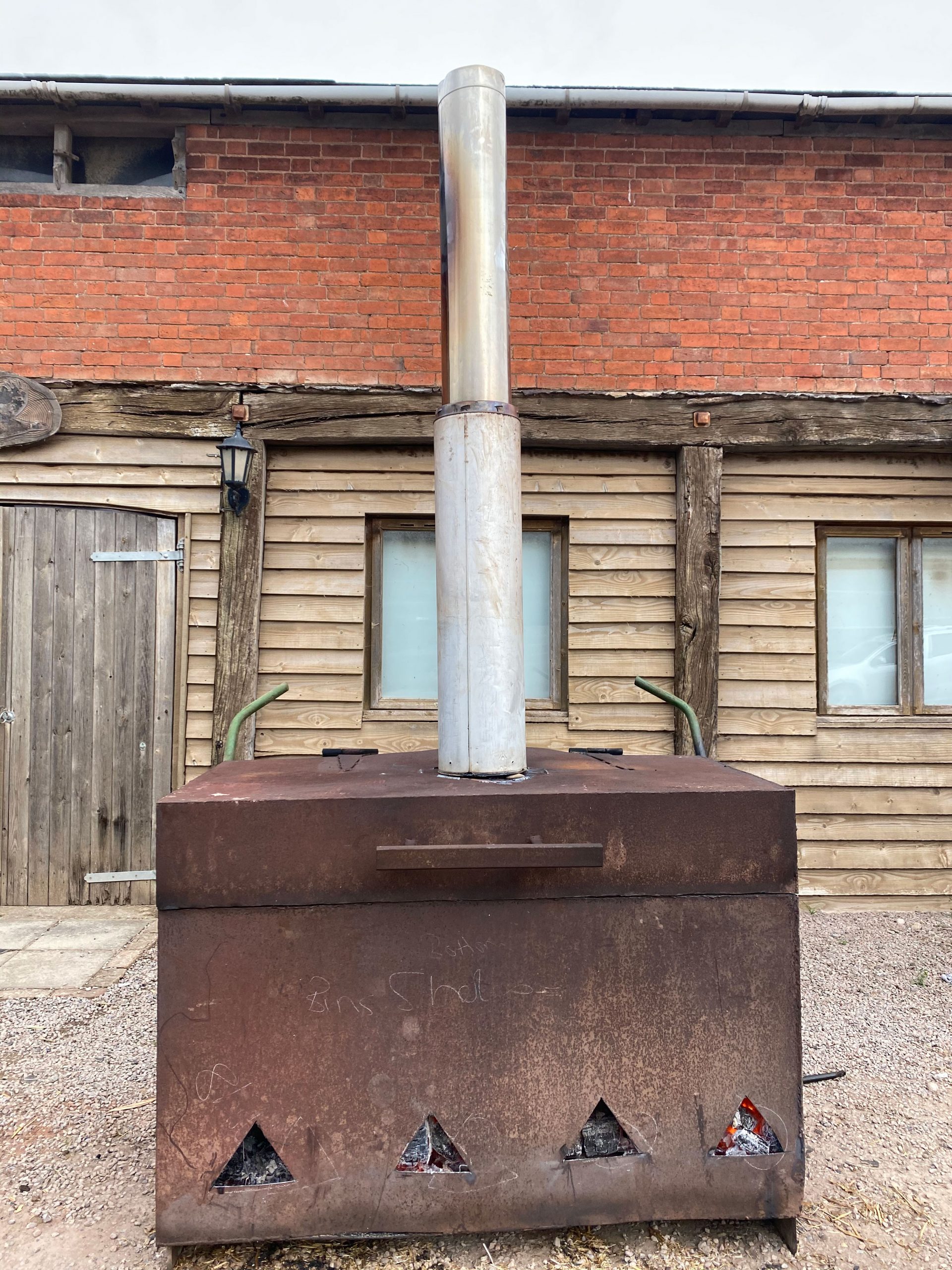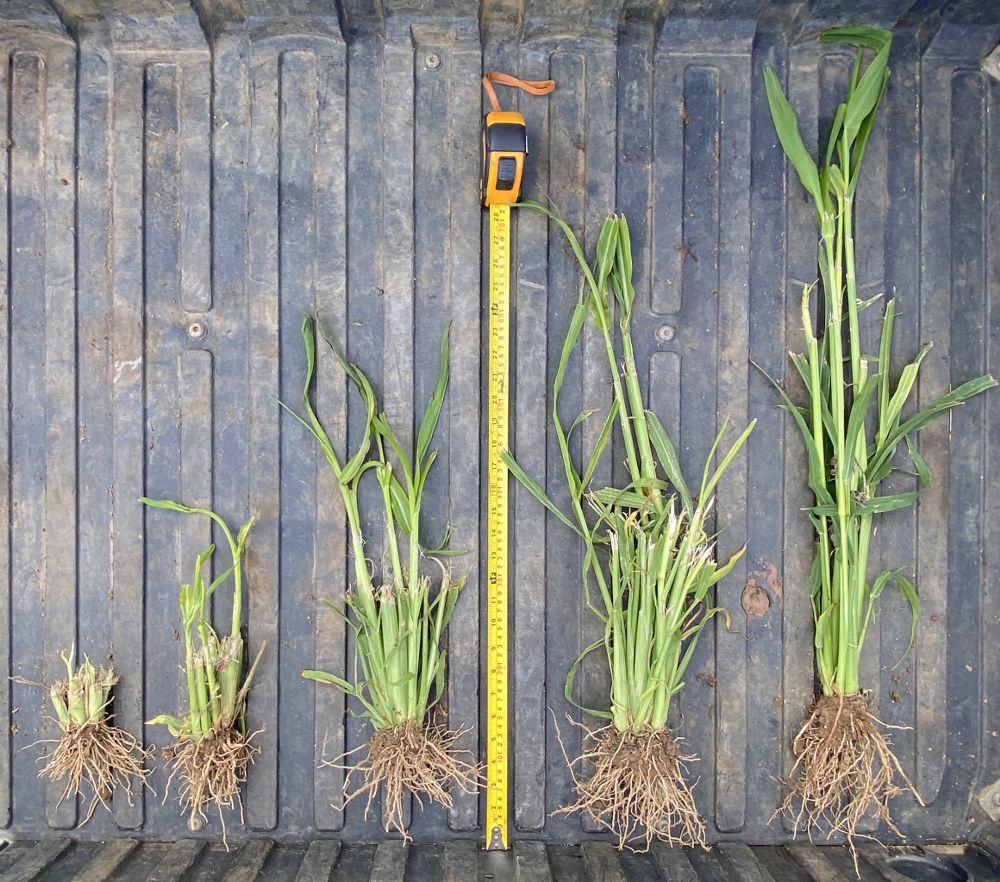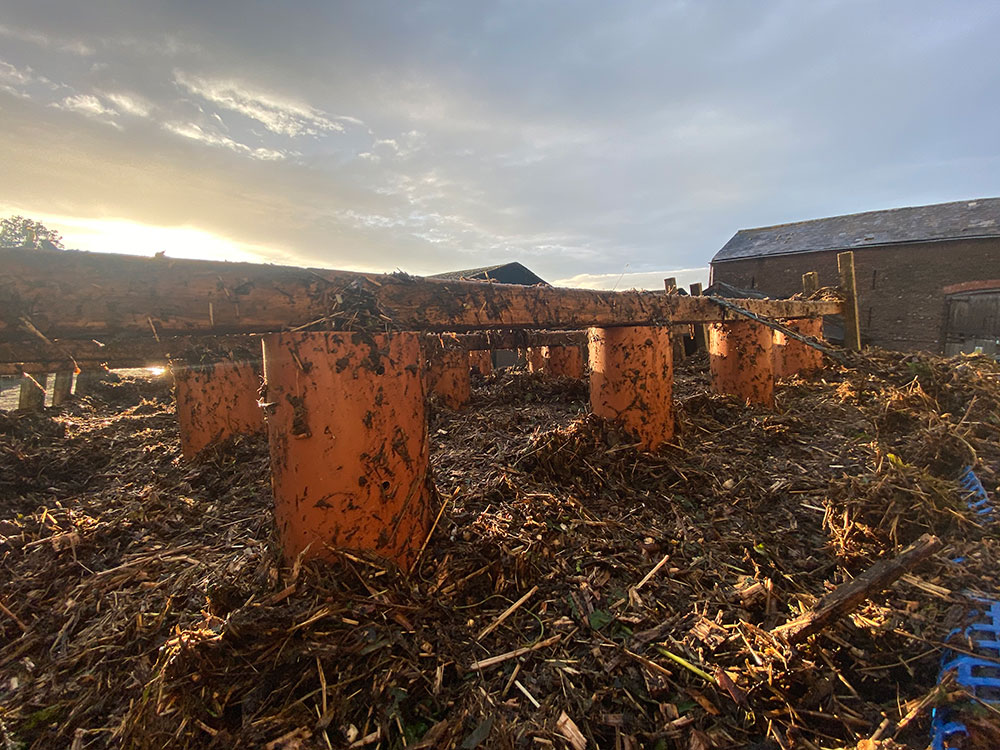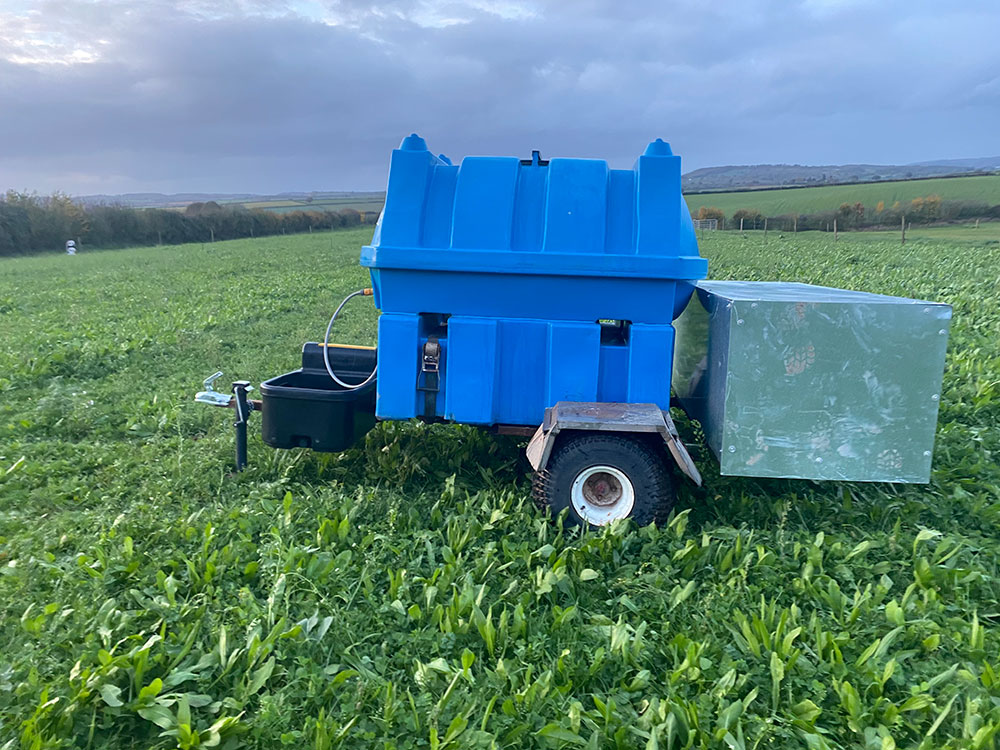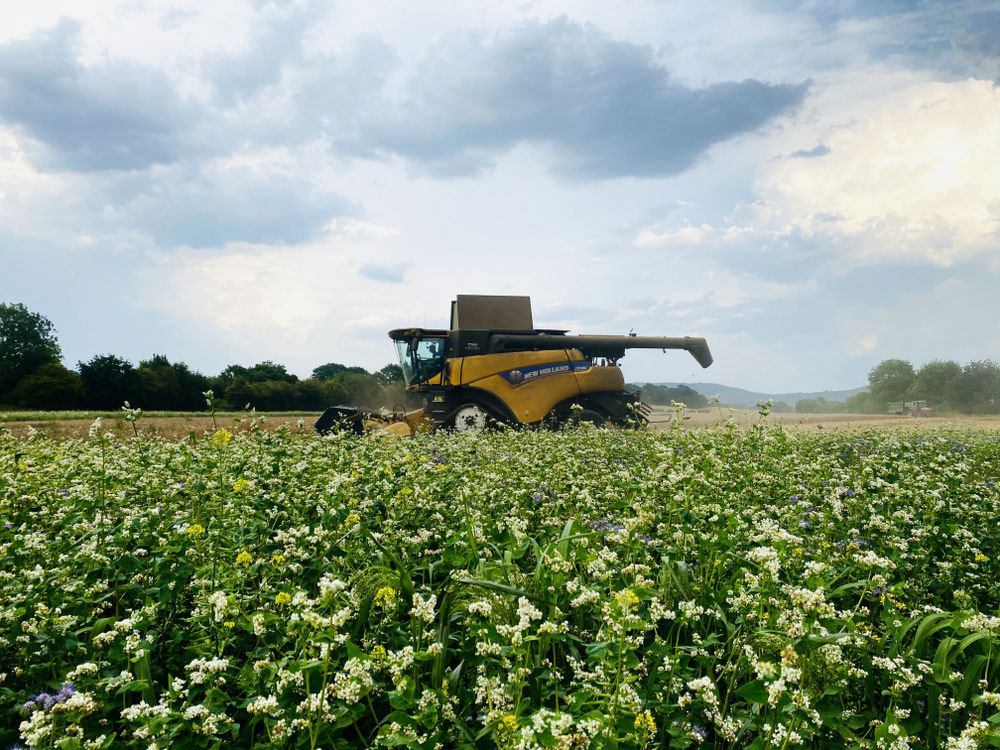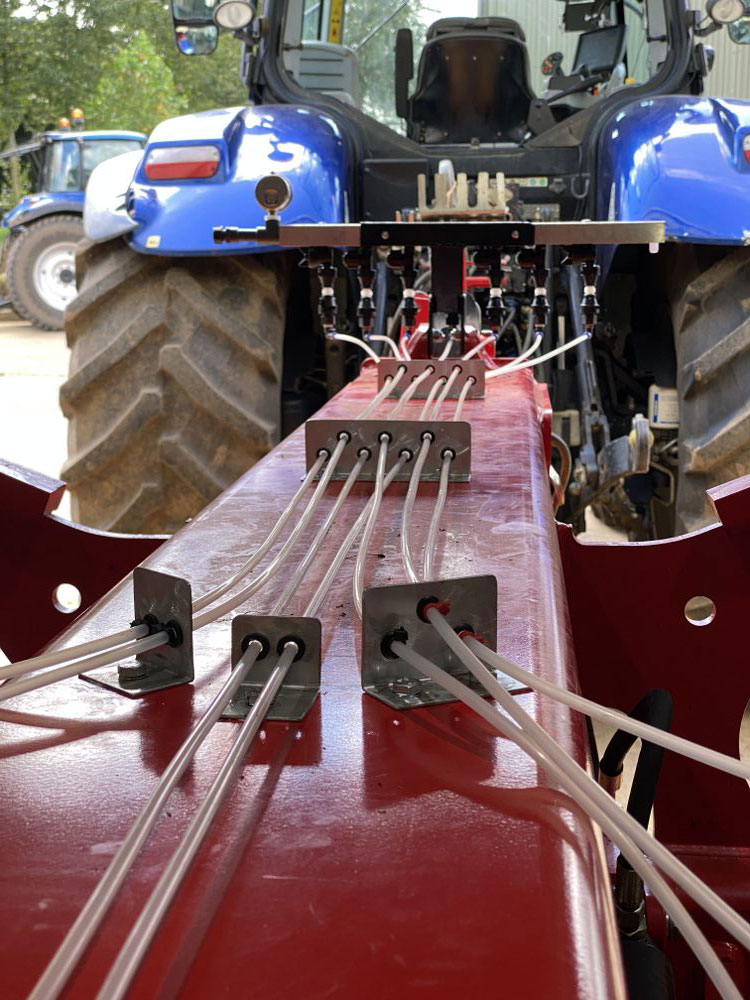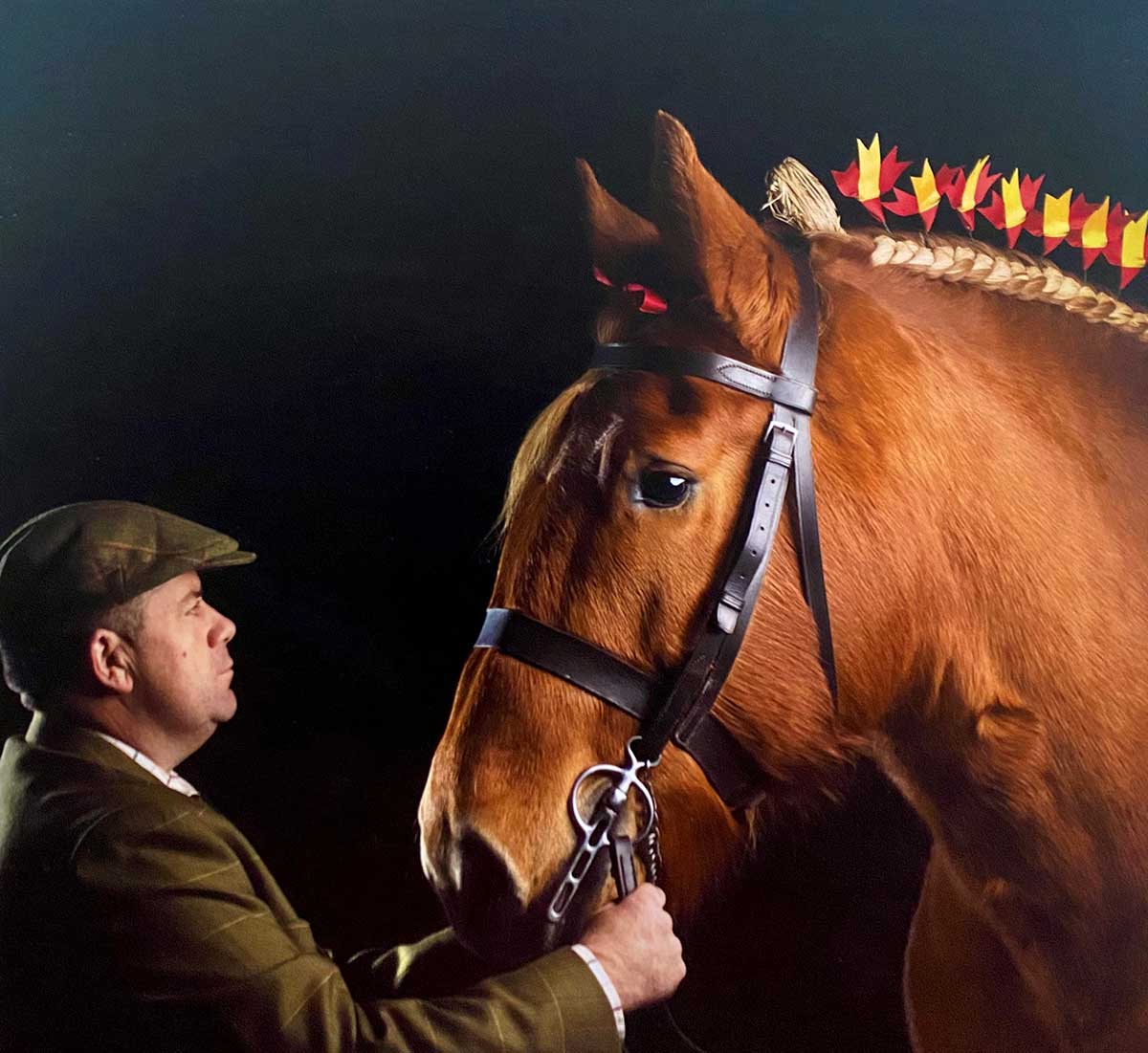
I’m Ben Taylor-Davies
A straight-talking bloke who doesn’t suffer fools gladly! My ethos is to use sound biological, peer-reviewed methods in which to produce crops in a way that doesn’t require huge amounts of artificial input.
After speaking to many people in the industry who have somewhat avoided the phrases regenerative, biodynamic or even biological when describing the advice they give, due to the stigma associated by many as ‘hocus pocus’ type of agronomy! These claims are generally made by people that simply don’t understand what is the most complicated of the 3 sciences “biology” and therefore the best form of defence when placed out of your knowledge zone is in fact attack!
Qualifications
- BSc Hons Geography University Liverpool
- BASIS
- FACTS
- PPA
- BETA
- BASIS IPM
- Nuffield Scholar 2016
- Oxford Farming Conference director 2022-2024
About me
Where to start! Brought up on the family farm (Townsend Farm) in Ross-on-Wye, which my father purchased in 1974, after selling the previous family farm in Worcester. Although I worked on the farm during holidays and whenever I had an opportunity, my father discouraged me becoming a farmer for various reasons, mental health wellbeing being one of them! I attended Hereford Cathedral school, where I didn’t really click with academic teachings until 6th form, which I then started to thoroughly enjoy, gaining A levels that allowed me to read for a BSc in Geography at Liverpool University. I graduated from Liverpool with a BSc Hons in 1997 and assumed I would go back to the farm and do what farmers sons do and take over the farm! Alas on a visit home my father passed me a pile of farmers weekly magazines and told me to go get a job! Of course the back of the farmers weekly is full of jobs, most of which requiring years of experience or agricultural college degrees etc! I had neither, but 2 adverts I did find were to 1) join the research team of an Antarctic expedition and 2) a trainee agronomist for H L Hutchinsons (before the HLH foundation was an actual thing). I only ever heard back from Hutchinsons and fortunately made it through the various interview stages to be rewarded with a job offer based in Banbury Oxfordshire, which is where I moved to.
I was already with my future wife (Helen) and she moved up to join me after she finished college. Like any young couple, we moved from house to house improving what we had each time (of course things were slightly different back in the day… the first house we purchased was a one-bedroom starter home for £24k in 1998 and now selling for £167k!) It was around this time I started having a large influence over the farm and we entered our first Countryside Stewardship Scheme and in the same year committing to plant 12 km of new farm hedges and create 6-meter margins for grey partridge and brown hares as well as many other management options that saw the creation of a few coppices, pollen and nectar mixes and wild bird seed mixes, as I began to understand the benefits of the environment and farming working together.
Agronomy
My agronomy career blossomed in the Oxfordshire/Northamptonshire area and quality of life was good. We were married in 2003 and moved closer to home on the west side of the Cotswolds too. I had been remotely running the farm for some time, which was when my father decided he wanted to retire, so we made the decision to move back to the farm and convert an old barn into a home and start a family. We moved back in 2004 and Tegan was born in March 2005 whilst we were managing to live in a single room of the new house. Work continued to be busy and clients were still serviced in my patch by myself with new clients establishing along the route to Banbury. Erin was born in November 2007 and Jobe in May 2011. Life was great, the farm was contract farmed out, as many in the country were doing at the time, because farming profitability on a family farm, with staff, was pretty much a non-entity! The farm shoot established well and we reared a few Zwartble and Hereford cows as well as a few chickens.
Jobe’s Accident
September 30th 2012 was the most horrific of days, to think, and still 8 years on, even write about. Our beautiful little boy Jobe was kicked in the head by a horse and nothing in life would or will be the same again. After scraping him off the floor and rushing him to our local hospital, he was airlifted to Birmingham Children’s Hospital where he would spend weeks in intensive care, with us by his side, as the horrific brain injury was cooled to reduce swelling in order to try and save what little chance of life he had. A child in PICU makes seconds and minutes feel like hours and days. Eventually, there was a little ray of hope when Jobe squeezed Helen’s finger for the first time. We were eventually moved to high dependency and then the neurological ward where he stayed for many more weeks. Times were extremely tough on myself and daughters who spent every weekend in the Ronald McDonald House for families with children in hospital (amazing charity and what it does, check them out https://rmhc.org.uk/our-houses/birmingham-house/
Our fundraising efforts eventually raised £300,000 where a Jobe Fellowship had been established to study brain injuries in children and prevent the regular occurrence of blindness as well as many other things associated with child brain injuries.
Of course the effect of this on someones mental wellbeing cannot be measured and during the time of the crisis, I think we all coped very well. However, the fallout from this sort of trauma, and the ongoing treatment and life adjustment, could not be underestimated. Unlike the movies, the recovery from intensive care is not simply someone opening their eyes and life returns to normal. Moreover, recovery at best can take months and years and after those first few years, it’s your own life that then needs adapting to accommodate a child with special needs.
Many things occurred during the subsequent years, but the lack of any kind of support from the company I had worked for, for well over a decade, really took its toll and my love affair with ‘traditional’ agricultural started to dwindle and I began to wonder if there was anything else I should perhaps be doing?
In 2015 Helen encouraged me to apply for a Nuffield Scholarship and I was fortunate enough to be awarded one for 2016. This is something that would change my life forever, although after landing in the USA and sitting in my hire car in the car park of Minot airport, I realised I had 2 choices – either mope around the USA wishing I was home trying to ‘protect’ my family, as I had done for almost 3 years, or spend the next 6 weeks travelling the USA and reinvigorating my love for agriculture! Thankfully I chose the latter and met people that would change my perspective on farming forever.
I spent the 18 months in which I was able to travel across North America, South America, Africa, Europe, Russia, Mongolia, China and Australia and spent 4 weeks with my mother travelling from our local train station in Ledbury by train all the way to Beijing in China, via the trans-Siberian train, an incredible experience! And to watch my mother ice fishing on Lake Baikal in the midst of a Siberian winter (February -45 degrees C and wind chill don to -65) is a memory I will hold dearly.
Nuffield Scholarship 2016
My Nuffield study was based around the control of blackgrass, but it soon became apparent that the solution to the problem was not herbicides, but a change in soil management. We had created a perfect environment in which blackgrass could thrive by damaging the functionality of soil and causing moisture-holding clay soils to become wetter and wetter in which blackgrass could survive. The result was to not treat the symptoms but rather treat the cause. Fortunately, my clients were willing to try anything, due to the huge yield-robbing effect that blackgrass has (some fields and indeed farms were becoming unfarmable). When you begin looking at soil as the solution to blackgrass you start to unravel one of the most complex and fascinating living organisms on earth (but one that is mostly ignored! I’m yet to watch an Attenborough production on soil!) When you begin to understand the complexities of the soil, you begin to realise that, as a farmer, the very thing that you consider as one of your only assets is the very thing you are destroying. Like owning a house and removing some of the mortar between the bricks every evening!
From this point on, my career in traditional agronomy was one that was one going to head in one direction and after a few really positive meetings with the chairman of Hutchinsons (David Hutchinson) it was decided that I would set up my own consultancy business. As of the 1st October 2020 of which I would provide regenerative advice to Hutchinson’s too.
Wake up call
In fact, there are a couple! Firstly to see what was being achieved around the world with far fewer inputs and (especially in Argentina, similar climate) achieving similar profits. Yield is very much vanity and profit is very much sanity – a very good phrase when considering the costs of inputs. This was in fact backed up by farm data from my own farm at Townsend wherein 1994 the inputs to a wheat crop were, diesel 9p/L, Nitrogen £76 T, 2L IPU + 1L Panther + 250ml Cypermethrin £21 Ha in the autumn and 0.25L Opus + 2L CCC + 0.5L Starane + 30gm Ally £35 Ha and that was it! Farm yielded 10T Ha of milling wheat, it was sold for £145 combined with the then Arable Area Payment Scheme of £265 per Ha with the latest 100Hp tractor (New Holland 7840) arrived with a price tag of £34,432.00. Needless to say, yields and prices have not improved. However, the cost of production has risen hugely, due to inflation, legislation, crop pest, disease and insect resistance and poorer crop husbandry requiring greater inputs.
Erosion! since putting 6-meter margins in around all of the fields in 1998 they have served as an indicator for erosion. Stable grass margins that are not grazed are great indicators of erosion when compared to the rest of the field, horrifyingly in under 20 years we saw places on the farm where we had lost 1 meter of soil with the field level now being 1 meter below the height of the grass margin and many more places around the farm, not as extreme but very worrying.
You simply cannot farm without soil.
My library! I started reading, about some of the people I had met around the world, but many others who were doing alternative things compared with the norm, who also realised the costs of food production were rising whilst the ecology and environment were declining and things could be very different when unpicking biological processes. Take a look at My Library here.
Experience
The critical thing with any advice is to practice what you preach! In terms of on-farm trials, this is something I am extremely passionate about, to demonstrate and show to others that new ideas and concepts can be easily adapted and implemented on-farm for achieving various results. I have many clients who I owe a huge thanks to for performing so many trials over the year and the database I have created because of them is enormous. What is great is that my consultancy is not only backed with scientific data but also trials I have run on various soil types and microclimate differences across the UK.
My farm will become a demonstration farm when COVID allows, to show warts and all processes in what can be achieved with a different mindset and passion for change.
My Philosophy – Chasing the red queen is not an option!
(The Red Queen’s race is an incident that appears in Lewis Carroll‘s Through the Looking-Glass and involves both the Red Queen, a representation of a Queen in chess, and Alice constantly running but remaining in the same spot.) In fact, the ‘easier predictability’ sciences of physics and chemistry do not seem to be improving farming (when I say easier, both chemistry and physics are binary, you do something and expect the same result over and over again). Working with biology is somewhat different and thank goodness it is! Darwin in his most famous publications ‘on the origin of species’ realised that natural mutations and evolution meant biology was not a static thing, but in fact changed and altered when the other 2 sciences were applied to them (physics and chemistry). It is therefore no wonder that our weeds, fungus pathogens and insects have developed resistances to the chemistry we have been applying – nature has been doing this for millennia! Biology is complicated and therefore often avoided, I mean how do you try and understand the interactions of 6 billion soil microbes in 1 teaspoon of soil? Rudimental science and thinking that’s how! Sometimes when speaking to my daughters (the younger the better) about various problems and solutions, the most basic of reasoning is all that is needed. A full understanding of something only plays on the mind! To understand that biology differs from the other 2 sciences, in that whilst there is a little bit of black and a little bit of white, the majority is a whole lot of grey and learning to live with trends and majorities is very uncomfortable for some when comparing with the simple black and white of physics and chemistry. COVID-19 gives a great example, it’s a chance virus, whilst the trend is for the virus to affect the elderly and those with underlying health risks, there are some tragic circumstances that don’t fit the model and therefore very hard to predict, control and understand.
